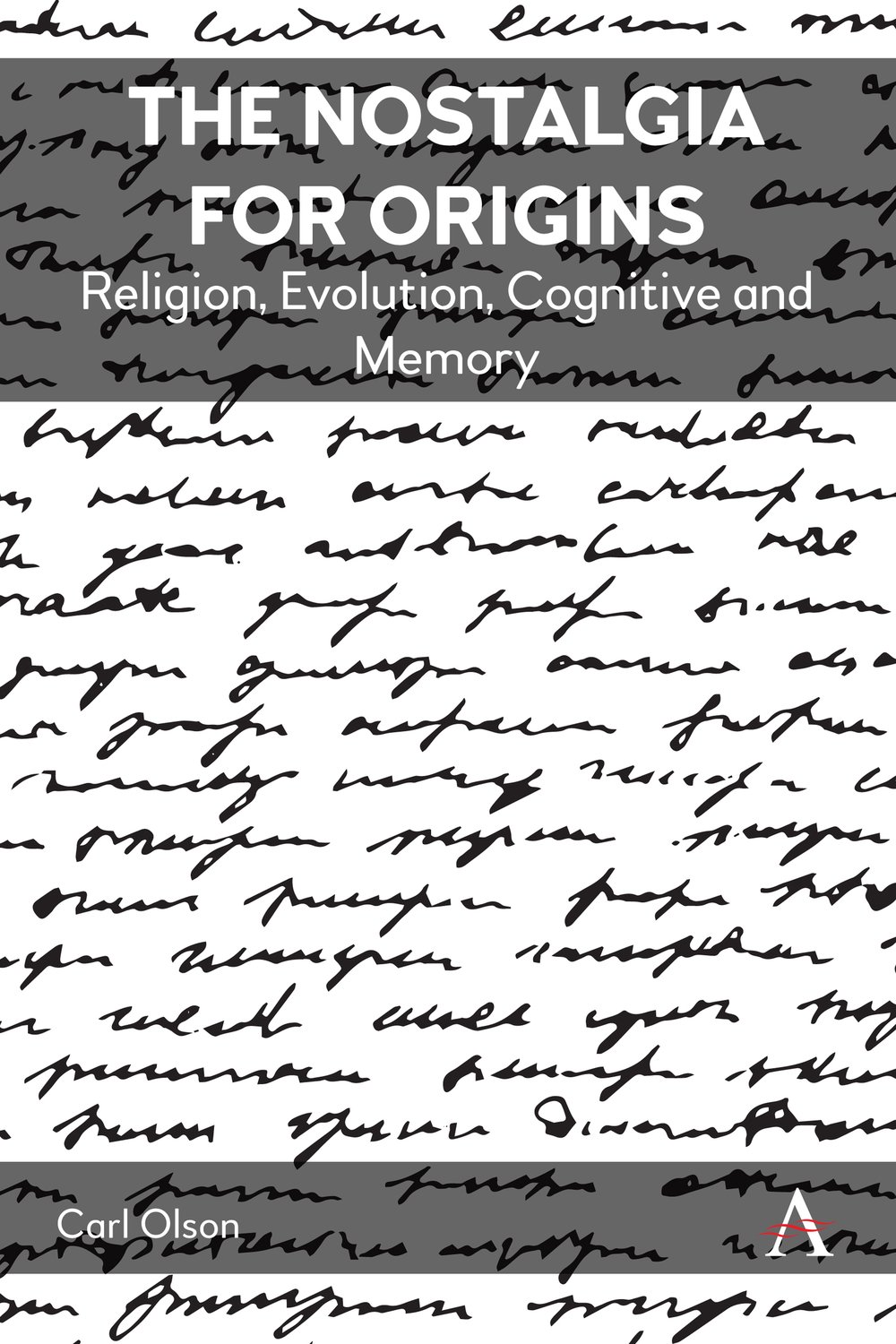The Nostalgia for Origins
Religion, Evolution, Cognitive and Memory

A possible source for the origin of religion, founded within Darwinian natural selection and building upon more recent cognitive studies.
Using the theme of nostalgia for origins, this work proposes to examine the origin of religion within the context of the theory of evolution and the development of the human brain. It is argued that Darwin’s concept of natural selection gives the impression of making Homo sapiens passive recipients of the process of evolution. To overcome this false impression and conform to the spirit of Darwin’s theory, this work proposes to supplement Darwin’s theory by introducing a will to power into it that gives Homo sapiens agency to gain power and empower themselves to survive. This achievement of empowerment has important consequences because it gives Homo sapiens an opportunity to invent religion and supernatural beings by means of their intuitive experiences, performing like natural by-products of the operation of evolution. The human body and brain play essential roles in the process of evolution and development of religion, a form of power that binds humans to transcendent powers, empowers them, unites them into enduring social units, represents one of the elements of the beginning of human culture, and enhances their chances for survival. Because of its subject matter and approach, this work includes a critical appraisal of scholars using the results of cognitive science research. Because Homo sapiens invented supernatural beings and religion, it seems irresponsible for a contemporary individual to choose to become an atheist, an option that is explored in the final chapter about whether religion has a future.

Professor Carl Olson teaches at Allegheny College. Besides numerous essays in journals, books, and encyclopedias, he has published 20 books on subjects such as Hinduism, Buddhism, comparative philosophy, and method and theory in the study of religion.
